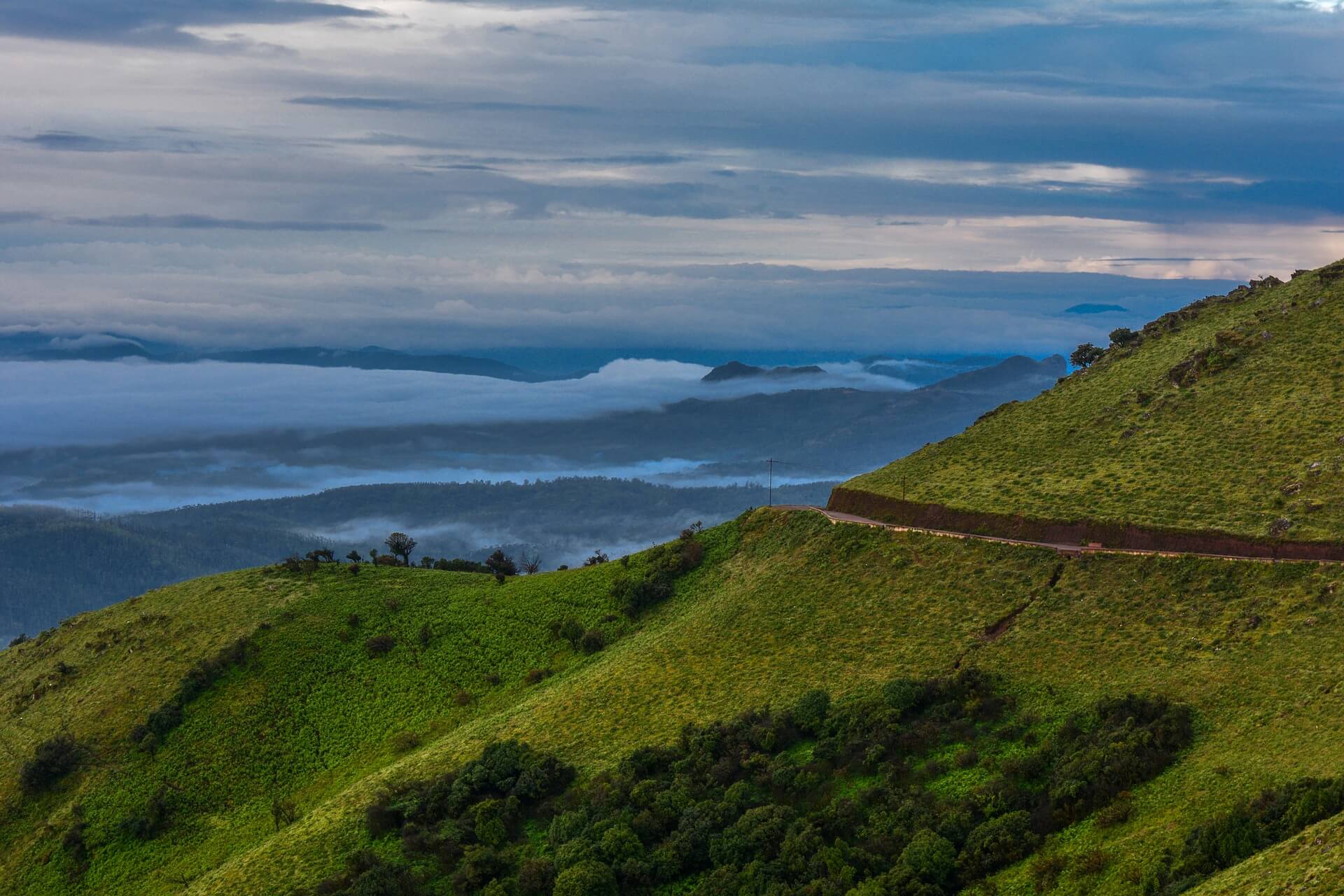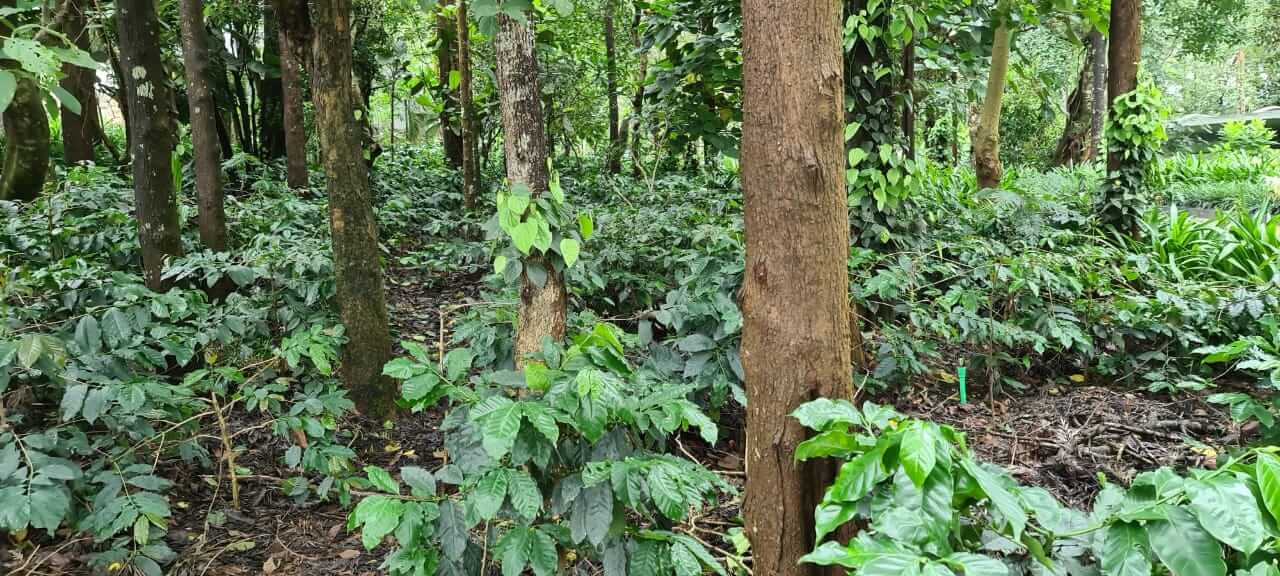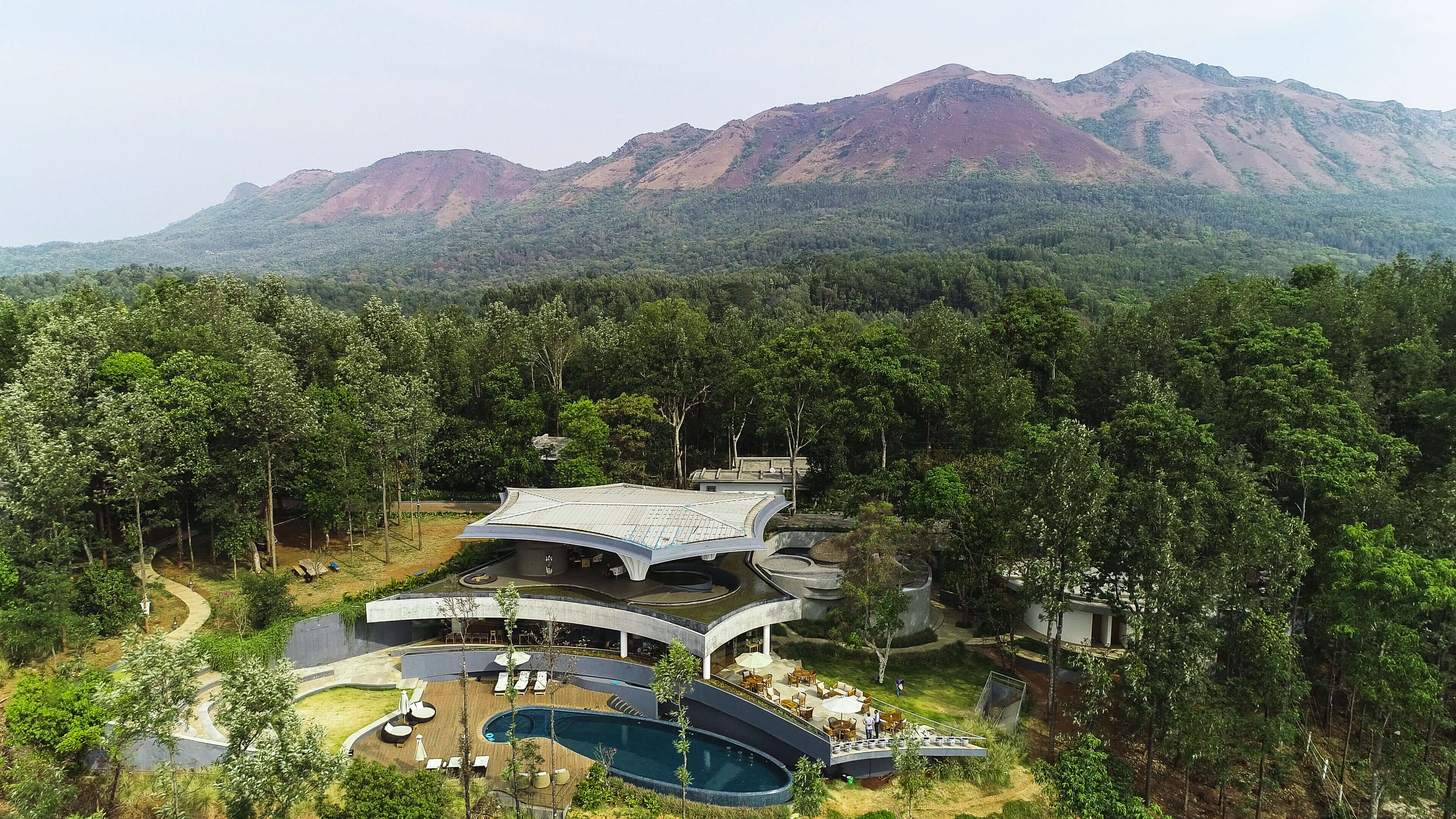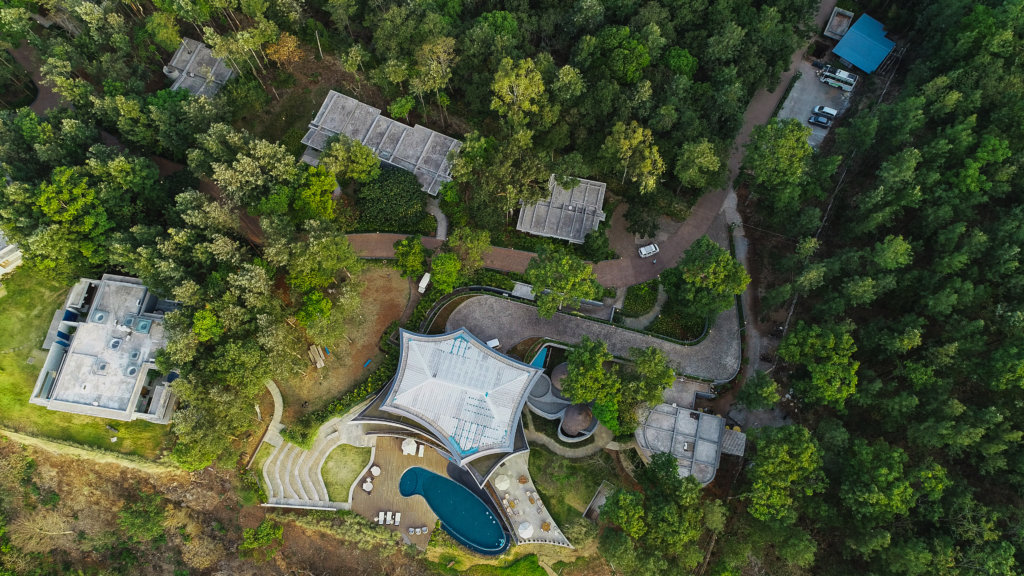Coffee has a rich tapestry of apocryphal anecdotes of its origins. One of the most related and relatable stories is that of Kaldi the goat herder of Ethiopia discovering the magical beans serendipitously when his goats ingested the coffee beans and could not sleep all night. Kaldi took the beans to the monastery nearby and a monk upon hearing the effect thought it to be the instrument of evil and threw it in the fire. The ensuing aroma attracted the other monks who salvaged the roasted beans from the ashes and brewed the first cup of coffee. The timeline of this story is sometime in the 9th century AD. This particular story gets most credence by the fact that coffee plants are native to Ethiopia and also coffee was perfected by the Sufi monks and adopted by the entire Islamic world before it spread like wildfire in the 17th century captivating the entire globe.
Coffee or Qahwa as it was known was approved by the spiritual leaders of Islam as an alternative to wine as it helps suppress hunger and keeps people awake, both desired outcomes for the fasting month of Ramadan. On a side note, the word cappuccino is derived from Capuchin friars, monks of the Capuchin region. The merchants of Venice discovered the coffee from the traders of Constantinople and soon became a hot favourite. What Venetians championed; Europe lapped up. But we digress, pardon the habits picked up in cafes.

Just a while before all this happened, rough estimation puts the date to mid-1600s, a sufi saint from the hills of Chikmagalur went on his Haj and discovered the elixir that would change the face and history of his mountains forever. When his ship had docked at Moka in Yemen, he sipped coffee for the first time and knew this would do wonders for his countrymen back home. But as is the case with all coveted things, coffee beans were closely guarded. Baba Budan might have been a sufi saint but he was no simpleton. He managed to procure and smuggle seven beans in his long white bushy beard without being found. Upon returning to his beloved mountains of Chikmagalur, Baba Budan planted them near his cave and the rest as we say it, is history.
The slopes of Western Ghats with its abundance of rains thanks to the monsoons and rich soil, soon became home to some of the best coffee varieties in the world. The three southern states of Karnataka, Kerala and Tamil Nadu morphed into coffee growing regions under the British rule whose love for hot beverages has changed the face of earth.

For the green beans among us, a brief study of coffee beans follows. There are three varieties of beans – Robusta, Arabica and Liberica making up for 75%, 20% and 5% of the entire coffee proliferation in the world. As the name suggests Robusta is the most robust coffee plant which can grow in a variety of climatic and soil conditions. This has made it the most grown variety. It is an oval shaped bean and has a full body and bitter flavour with higher caffeine content than Arabica. It grows in medium altitude zones upto 700m above sea level but needs a lot of water, hence a high rainfall region is preferred. Arabica is a finer variety of coffee which grows in the cool climates of higher altitudes but has to be in rainshadow regions so that the amount of rainfall is lesser. Known for its acidity, Arabica makes for great espressos. Liberica coffee beans are grown in the South East Asian countries and are a very hardy variety which replaced the Robusta after the coffee rust disease which decimated the entire coffee plantations there.

Thanks to the perfect weather and soil conditions of Western Ghats and particularly of Chikmagalur, the coffee plantations here have been fueling the world for centuries. Keeping up with times and improving the yield and disease resistance is the CCRI (Central Coffee Research Institute) at Chikmagalur which is a short distance away from the coffee inspired luxury plantation retreat, Java Rain Resort, amidst a flourishing coffee and pepper estates ideally removed from the town. CCRI has been helping the plantation owners with proper training and research into higher quality coffee. For the benefit of the public they have opened a Coffee Museum on their old premises staffed by coffee enthusiasts who explain everything you need to know about coffee and more. The 20 minute documentary on coffee screened here is a must watch.
Chikmagalur is a pilgrimage center for coffee aficionados. If you have been captivated by the rich silky black elixir that has fueled revolutions around the world including the one we are in today of the modern global economy with Starbucks and other bespoke coffeehouses leading the charge from the front, a trip to Chikmagalur is worth your while. Java Rain Resort set amidst a thick and beautiful coffee plantation is the perfect retreat with coffee walks in the estate by knowledgeable guides who take you through the entire process of coffee cherry to the cup. A visit to the Coffee Museum is recommended. Even more highly recommended is to dive into as many cups of coffee as you desire in this wonderland of coffee.



